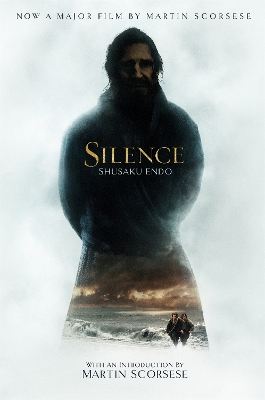Reviewed by brokentune on
The premise of a story of Catholic missionaries trying to spread Christianity in Japan really caught my interest because I have fond memories of reading Shogun, which featured a similar premise as a side-story. Although, if any of you have read Shogun "fond" may not be the best way to describe the reading experience as there lots - and I do mean LOTS - of gory descriptions of cruelty and violence.
Obviously, I must have forgotten about that when I gleefully signed up to the group read of Silence.
Endo also goes into a lot of detail when describing the obstacles and hardship - read "torture and violence" - that the priests and Christians endured under the samurai rule, at a time when Christianity was banned from Japan - because the rulers decided it was of "no value" (according to one of Endo's characters) to the Japanese society.
The second aspect that intrigued me to the book was, of course, that some reviews compare Endo to Graham Greene. How could I not be intrigued by that?
Silence really was an intriguing read. Endo really tried to capture the mind and spirit of the priest that is sent to Japan and discovers that he may not be able to fulfill his mission and the doubt he feels when he witnesses the events around him.
Unfortunately, this really didn't work for me.
Endo's narrative limits the reader to experience the book only from the priest's point of view. There is not a lot of dialogue or consideration that deals with the point of view of the Japanese characters. I'm sure Endo created this limitation on purpose, maybe to focus on the priestly condition and to emphasize the isolation of the foreigner from the other people around him, but without the other perspectives the book is really limited and reads more like a list of Japanese torture methods than an investigation into the human or priestly condition.
In turn, this distances Endo's work from that of Greene's. I may not have enjoyed Greene's religious musings but at least he made his protagonists doubt their mission, doubt their conviction, and consider other points of view. This was missing from Silence.
Reading updates
- Started reading
- 8 October, 2016: Finished reading
- 8 October, 2016: Reviewed
